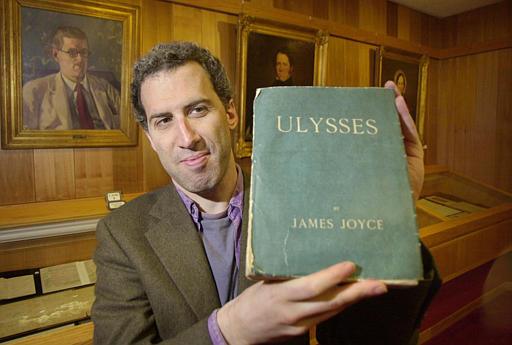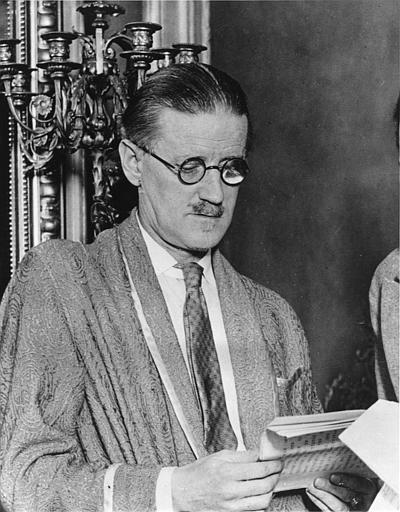James Joyce’s Ulysses, one of the most important novels of the twentieth century, was declared obscene by a U.S. court while it was being published serially in the American literary magazine The Little Review from 1918 until 1920.
The novel, which describes a day in the life of Leopold Bloom, was published in book form in Paris in 1922 by Sylvia Beach’s Shakespeare and Company.
New York court ruled Ulysses was obscene, fined magazine for publication
In 1920, after the publication of the “Nausicaa” episode, which includes a description of Bloom masturbating, the secretary of the New York Society for the Suppression of Vice filed a complaint, and the post office halted mailing of The Little Review pending a court decision.
In February 1921, the New York Court of Special Session ruled that Joyce’s work was obscene and fined the editors of The Little Review fifty dollars each. As a result of this decision, Joyce was unable to secure an American publisher for his book, although a pirated version did appear in New York in 1929.
In obscenity trial, judge addressed First Amendment free expression
In 1933 Random House Publishers, seeking to challenge the ban, imported the Paris edition and arranged to have the book seized by customs officials.
The government then moved for forfeiture. In United States v. One Book Called Ulysses (1933), district court judge John M. Woolsey addressed the issue of free expression by looking at the novel’s “effect on a person with average sex instincts.” Woolsey concluded that Ulysses had no prurient effect on such a person, and to confirm this he consulted two friends and “literary assessors,” Henry Seidel Canby (editor of the Saturday Review of Literature) and Charles E. Merrill Jr. (cofounder of Merrill Lynch).

Samual Slote, Joyce Scholar in Residence, holds a rare copy of Ulysses by James Joyce at the University at Buffalo, in Amherst, New York in 2004. Ulysses was declared obscene in the United States until 1933. (AP Photo/David Duprey, used with permission from the Associated Press)
Second Circuit declined to apply the Hicklin test in considering obscenity
A divided panel of the Second Circuit affirmed the district court’s ruling. Judge Augustus M. Hand (joined by his more famous cousin, Judge Learned Hand) declined to apply the rule established in an English court case, Regina v. Hicklin (1868), that classified as obscene any work having a “tendency … to deprave and corrupt those whose minds are open to … immoral influences.”
Hand instead noted that “while in not a few spots [the book] is coarse, blasphemous, and obscene, it does not, in our opinion, tend to promote lust. The erotic passages are submerged in the book as a whole and have little resultant effect.”
Hand’s ruling anticipated the obscenity guidelines later established by the Supreme Court in Roth v. United States (1957) and Miller v. California (1973).
This article was originally published in 2009. Simon Stern is Professor of Law and English at the University of Toronto. He has published articles and book chapters on obscenity, copyright, criminal procedure, legal fictions, and the history of the common law.

